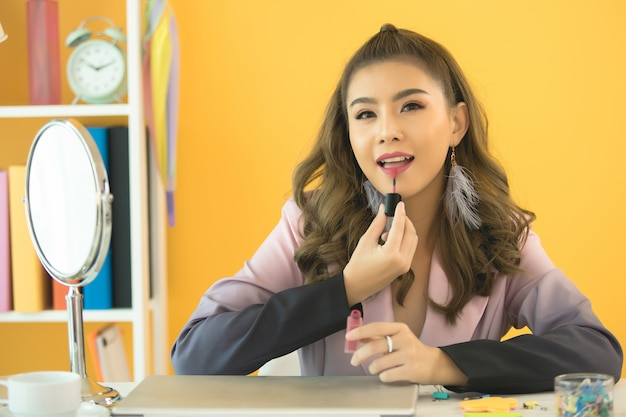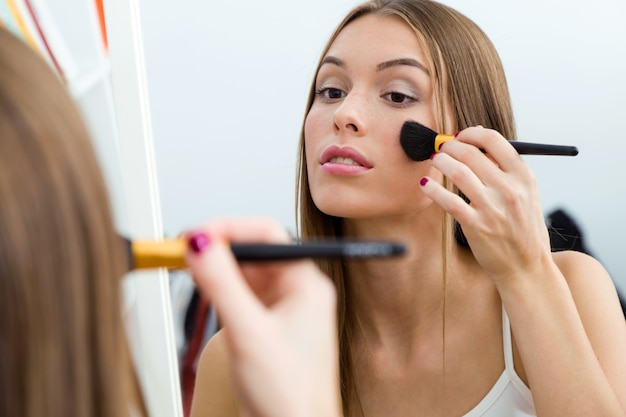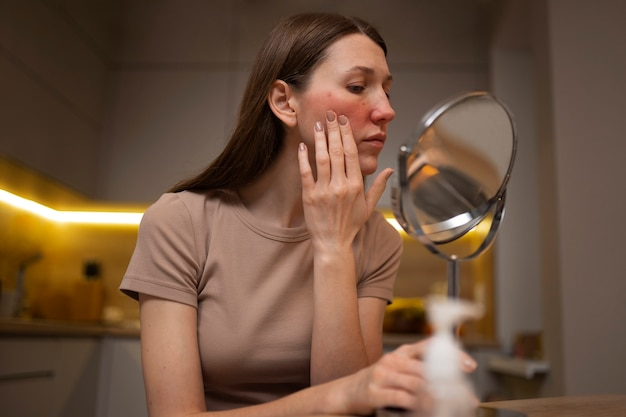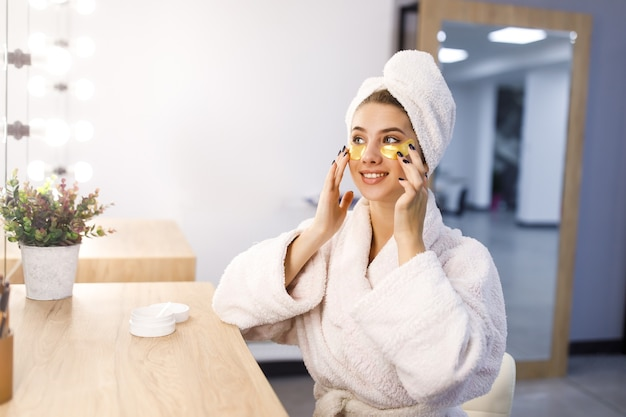Sleep better, look better: the impact of sleep on your skin and hair
Sleep is essential for our overall health and well-being, but did you know that it also has a significant impact on our skin and hair? Lack of sleep can lead to a multitude of problems, from fine lines and wrinkles to dull, lifeless hair. In this blog post, we’ll explore the importance of sleep and its effect on your skin and hair.
The science behind sleep and its impact on skin and hair
When we sleep, our body enters a state of repair and restoration. During this time, the body produces collagen, a protein that helps to keep skin firm and elastic. Collagen production peaks during deep sleep, which is why it’s essential to get enough restful sleep to maintain healthy, youthful-looking skin.

In addition to collagen production, sleep also plays a critical role in reducing inflammation and oxidative stress. Inflammation and oxidative stress can lead to premature aging and a range of skin problems, including acne and eczema. When we don’t get enough sleep, our bodies are unable to fight inflammation and oxidative stress effectively, leading to a host of skin and hair problems.
The impact of lack of sleep on your skin
Not getting enough sleep can cause a host of problems for your skin. Here are some of the most common issues:
- Dark Circles: Lack of sleep can cause the blood vessels under your eyes to dilate, resulting in dark circles and puffiness.
- Fine Lines and Wrinkles: As we mentioned earlier, sleep is essential for collagen production. When we don’t get enough sleep, our bodies produce less collagen, leading to fine lines and wrinkles.
- Dull Skin: Lack of sleep can cause your skin to look dull and lifeless. When you’re sleep-deprived, your body produces more of the stress hormone cortisol, which can lead to a decrease in skin’s natural glow.
- Acne: Sleep deprivation can cause an increase in inflammation, leading to breakouts and acne.
The Impact of Lack of Sleep on Your Hair
Just like your skin, your hair also requires restful sleep to maintain its health and vitality. Here are some of the most common hair problems caused by lack of sleep:
- Hair Loss: Lack of sleep can lead to increased stress levels, which can cause hair loss.
- Dull, Lifeless Hair: When you’re sleep-deprived, your body produces more stress hormones, which can cause hair to look dull and lifeless.
- Scalp Problems: Lack of sleep can lead to scalp problems, including dandruff and scalp psoriasis.
- Slow Hair Growth: During sleep, the body produces growth hormone, which is essential for healthy hair growth. When you don’t get enough sleep, your body produces less growth hormone, leading to slower hair growth.
Tips for Getting Better Sleep
Now that you know how important sleep is for your skin and hair, it’s time to focus on getting better rest. Here are some tips to help you get the restful sleep you need:
- Stick to a sleep schedule: Try to go to bed and wake up at the same time every day.
- Create a relaxing environment: Make sure your bedroom is cool, quiet, and dark.
- Avoid electronics: Turn off all electronics at least an hour before bedtime.
- Practice good sleep hygiene: Take a warm bath, read a book, or practice relaxation techniques to help you fall asleep.
- Invest in a good mattress and pillow: Make sure your sleeping surface is comfortable and supportive.
Conclusion
In conclusion, sleep is essential for our overall health and well-being, including the health of our skin and hair. Lack of sleep can lead to a variety of negative effects, including dull, dry skin, acne breakouts, hair loss, and thinning. It’s important to prioritize getting enough sleep each night to ensure that our bodies can rest and repair, and to maintain healthy skin and hair.




